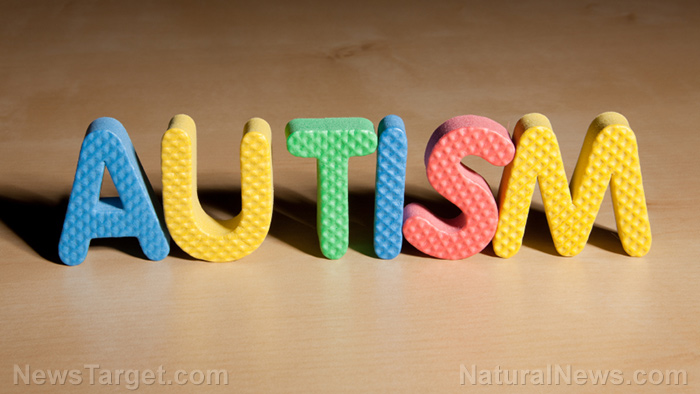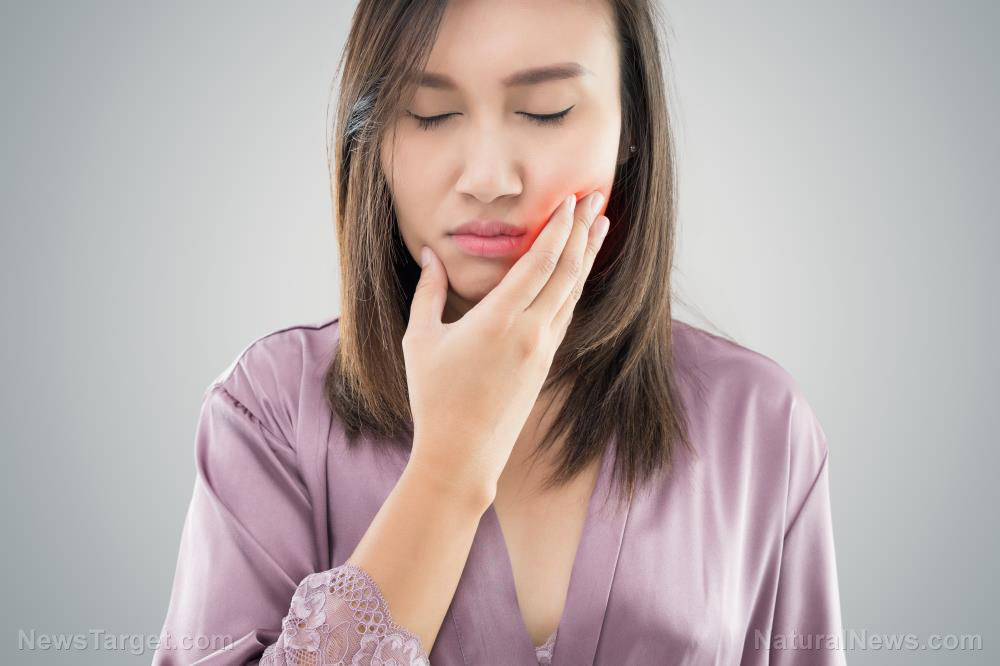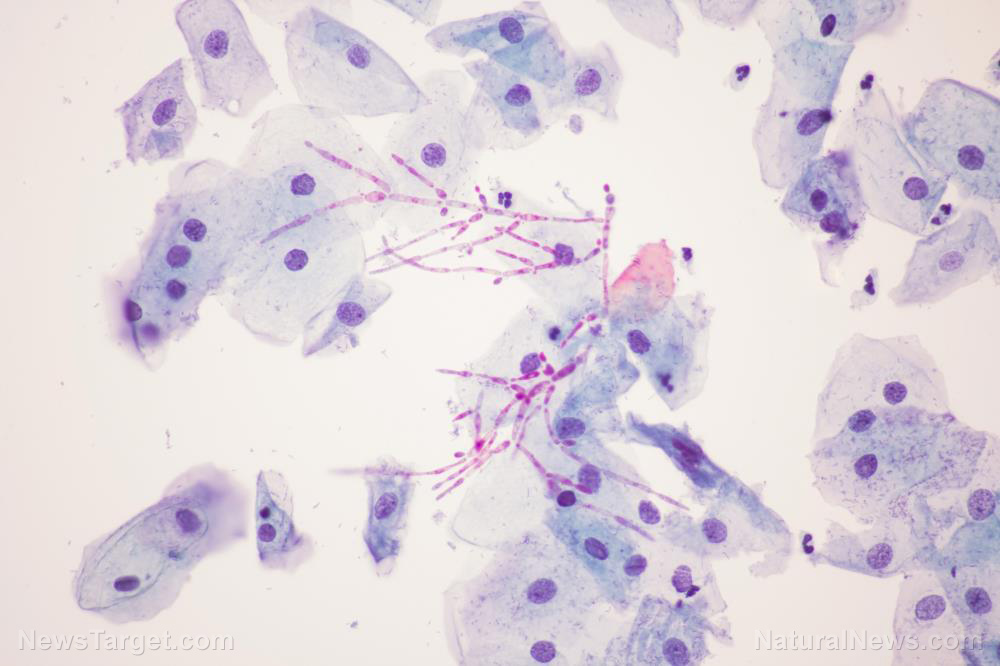Taking vitamins during pregnancy reduces risk of autism by 73%, improves baby’s overall health, new study shows
01/06/2018 / By Russel Davis

Taking vitamin supplements before, during, and after pregnancy may reduce the risk of autism spectrum disorder and significantly improve the baby’s overall health, according to a study published in The Journal of the American Medical Association Psychiatry. A team of researchers at the University of Haifa in Israel followed 43,500 Israeli children born between 2003 and 2007 until 2015 as part of the study.
The researchers found that babies born to mothers who took multivitamins and folic acid during or before pregnancy were up to 73 percent less likely to develop autism. Likewise, children born to mothers who took the supplements up to two years before pregnancy had a 61 percent reduced risk of developing the condition. “Maternal exposure to folic acid and multivitamin supplements before and during pregnancy is associated with a reduced risk of autism spectrum disorder in the offspring compared with the offspring of mothers without such exposure,” study author Professor Stephen Levine told Daily Mail online.
The findings may be associated with epigenetic changes triggered by outside factors such as diet, the study author said. According to the research team, the results highlight the importance of following a healthy diet especially before pregnancy. However, the scientists noted that the results warrant further investigation.
“At this time, general consensus is that there is not one singular cause of autism, but more likely multiple causative factors; however, these findings do reflect a positive association with maternal preconception and prenatal intake of folic acid/prenatal vitamins and a reduced risk of having a baby with autism. While we need to show biologic causation to definitively reinforce this link, these findings serve as a reminder of the importance of preconception and prenatal nutrition,” said Dr. Jennifer Ashton, ABC News‘ chief medical correspondent.
GLYPHOSATE testing is now being applied to all Health Ranger Store branded products. Our in-house lab uses LC-MS-MS (triple quad mass spec). See the full lab science tour video and announcement here. Shop for ultra-clean, lab-tested superfoods, personal care products and more at the Health Ranger Store, the world's most trusted source for clean foods and lab-verified nutritional solutions.
Study: Vitamin deficiency at birth may raise autism risk
The recent findings were reflective of a large number of studies demonstrating a link between vitamin deficiency and autism. For instance, a small Swedish study published in 2015 revealed that children with autism had significantly lower vitamin D levels at birth compared with their siblings. The researchers examined 58 pairs of siblings as part of the study and observed that healthier siblings had an average vitamin D level of only 31.9 nanomoles per liter, compared with only 24 nanomoles per liter in children with autism.
The researchers also found that children born during winter had lower vitamin D levels than with those born during summer. Vitamin D deficiency was also more prevalent in children of African and Middle Eastern descent, the scientists added. (Related: Researchers confirm link between vitamin D deficiency during pregnancy and autism traits.)
“These new results suggest that vitamin D may be another nutritional factor important in the development of autism spectrum disorder during pregnancy and early life. The researchers found a wide range of vitamin D levels among the children with autism and an overlap in vitamin D levels between those who developed the disorder and those who did not. So there’s still much we don’t understand,” said Dr. Paul Wang, a developmental pediatrician and head of medical research at Autism Speaks.
Fast facts about United States autism rates
The results of both recent and previous studies may have potential implications in U.S. autism rates. Data from the Center for Disease Control and Prevention‘s (CDC) Autism and Developmental Disabilities Monitoring (ADDM) Network revealed that:
- About one in 68 children across the country had been identified with the condition.
- Autism was about 4.5 times more common among boys than among girls.
- About one in six children in the U.S. had a developmental disability such as autism.
- The disorder may occur in all racial, ethnic, and socioeconomic groups across the country
Visit AutismTruthNews.com to stay informed on the latest science surrounding autism.
Sources include:
Tagged Under: autism, Autism spectrum disorder, disease prevention, Nutrient, nutrient intake, nutrition, pregnancy, supplements, vitamin deficiency, vitamins




















